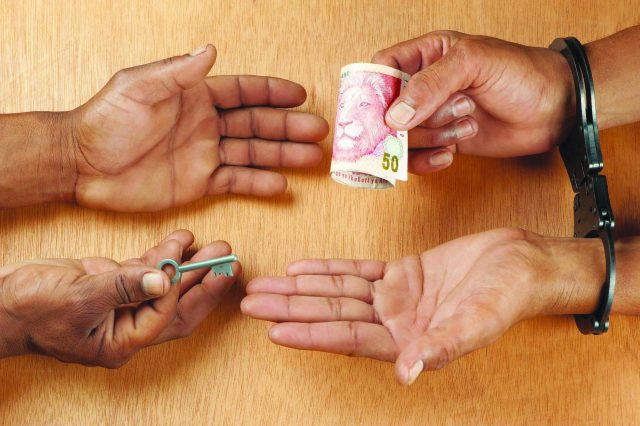adverts
Afrobarometer Report: 67% of Africans believe governments are failing in the fight against corruption
A recent report by Afrobarometer reveals that a staggering 67% of Africans believe their governments are failing in the fight against corruption. The report also highlights the risks faced by whistle-blowers, with 71% of respondents indicating that people who report corruption to the authorities face retaliation.
The report, authored by Dulani, Asiamah, and Zindikirani (2023), underscores growing concerns about corruption across the continent. It states that nearly six out of ten African citizens (58%) believe corruption levels in their countries have increased over the past year, with the situation particularly dire in South Africa (82%) and Eswatini (87%). In contrast, only three countries—Benin (70%), Mali (64%), and Zambia (53%)—report a decrease in corruption.
The Afrobarometer’s findings reveal widespread perceptions of corruption among various branches of government. According to the report, 38% of respondents believe that “most” or “all” officials in their president’s office are corrupt, a 13 percentage point increase since 2011/2013. Similar increases are noted for members of Parliament (+11 points) and the judiciary (+8 points), with marginal increases for local government councillors and civil servants.
adverts
The report emphasises the corrosive effects of official corruption on popular support for and satisfaction with democracy, suggesting that the problem is perceived to be worsening across the continent.
Afrobarometer’s survey covered 39 countries, providing a comprehensive overview of the state of corruption and public perception in Africa. The findings highlight the urgent need for effective anti-corruption measures and protection for those who report corruption.


